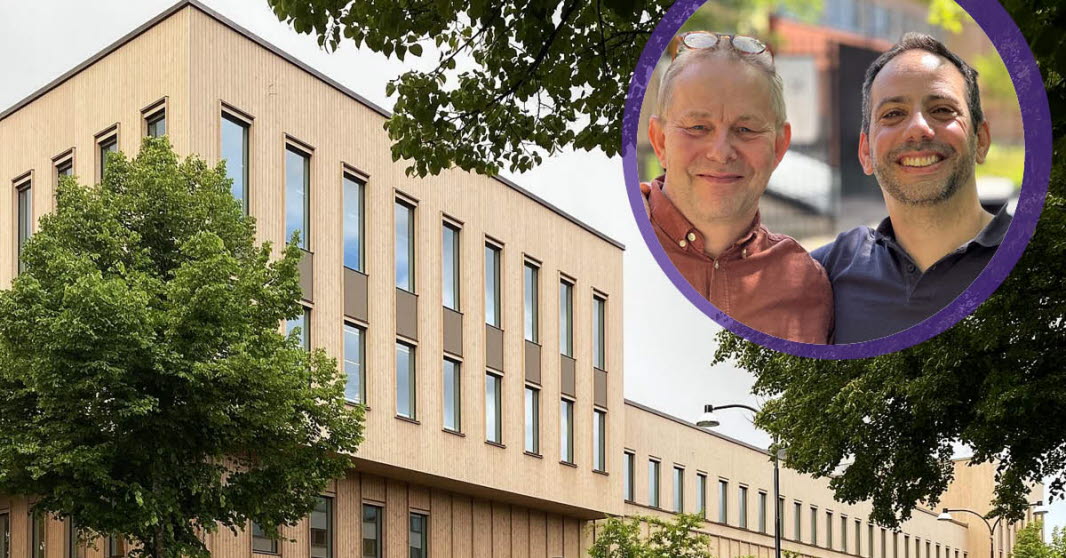This news item was published more than six months ago and may no longer be relevant.

This is an initiative that addresses the challenges and opportunities facing the rapidly growing solar and battery industry.
Funded by the Swedish Agency for Economic and Regional Growth, Region Dalarna, and Dalarna University, the project will increase opportunities for companies to benefit from the University's cutting-edge expertise and laboratory equipment in the testing and development of sustainable products and services.
– The aim is to create better conditions for companies to be part of the green transition and increase their innovation capability, says André Augusto, Professor and Director of the Sustainable Energy Research Centre (SERC).
The solar electricity market has experienced extreme growth in recent times, from once being marginal to currently being the world's fastest-growing energy source. That said, Sweden has lagged behind many other European countries but is now well on its way to catching up. In Dalarna, where many new solar energy-related companies are being established, the need is great for fast-paced testing of products and solutions. That said, many companies lack the resources to build advanced test environments themselves.
– Thanks to the new laboratory environment at Dalarna University, companies will now have the opportunity to test their products and work with experienced researchers. It has been designed to support and be accessible to entrepreneurs and technology developers, says Frank Fiedler, Senior Lecturer in Energy and Environmental Engineering.
The project is expected to lead to international research collaboration and new research and development projects, which will strengthen the position of the region as a node for smart energy systems while contributing to the global agenda for sustainable development.
The project also aims to increase collaboration between academia and industry and to develop competencies for smart specialisation. This means identifying and investing in the region’s unique strengths and opportunities in research and innovation in order to both create competitive advantages and further economic growth.
– The promotion of battery storage and photovoltaic technology in the Nordic climate contributes to a more robust electricity system and a faster introduction of new and cleaner energy technology, says André Augusto.
About the Project
Title: Solar Laboratory in Dalarna
Project timeframe: 1 October 2024 - 30 September 2027
Project manager: Mats Rönnelid
Project participants: André Augusto, Frank Fiedler, Malin Karlsson, Emmanouil Psimopoulos
Funding: SEK 9.1 million from the ERUF, European Regional funds Norra Mellansverige, Region Dalarna and Dalarna University
Facts: Solar and Energy Research
Dalarna University has 40 years of solar and energy research experience. Recently Dalarna University has established the Sustainable Energy Research Centre (SERC) integrating various research fields such as energy, sustainable construction and urban planning, data science, industrial and materials engineering, economics, and social sciences. The new laboratory environment is an important resource for researchers and companies and is expected to generate significant innovation while contributing to a sustainable future.
Centre for Sustainable Energy Research (SERC) - Dalarna University (du.se)